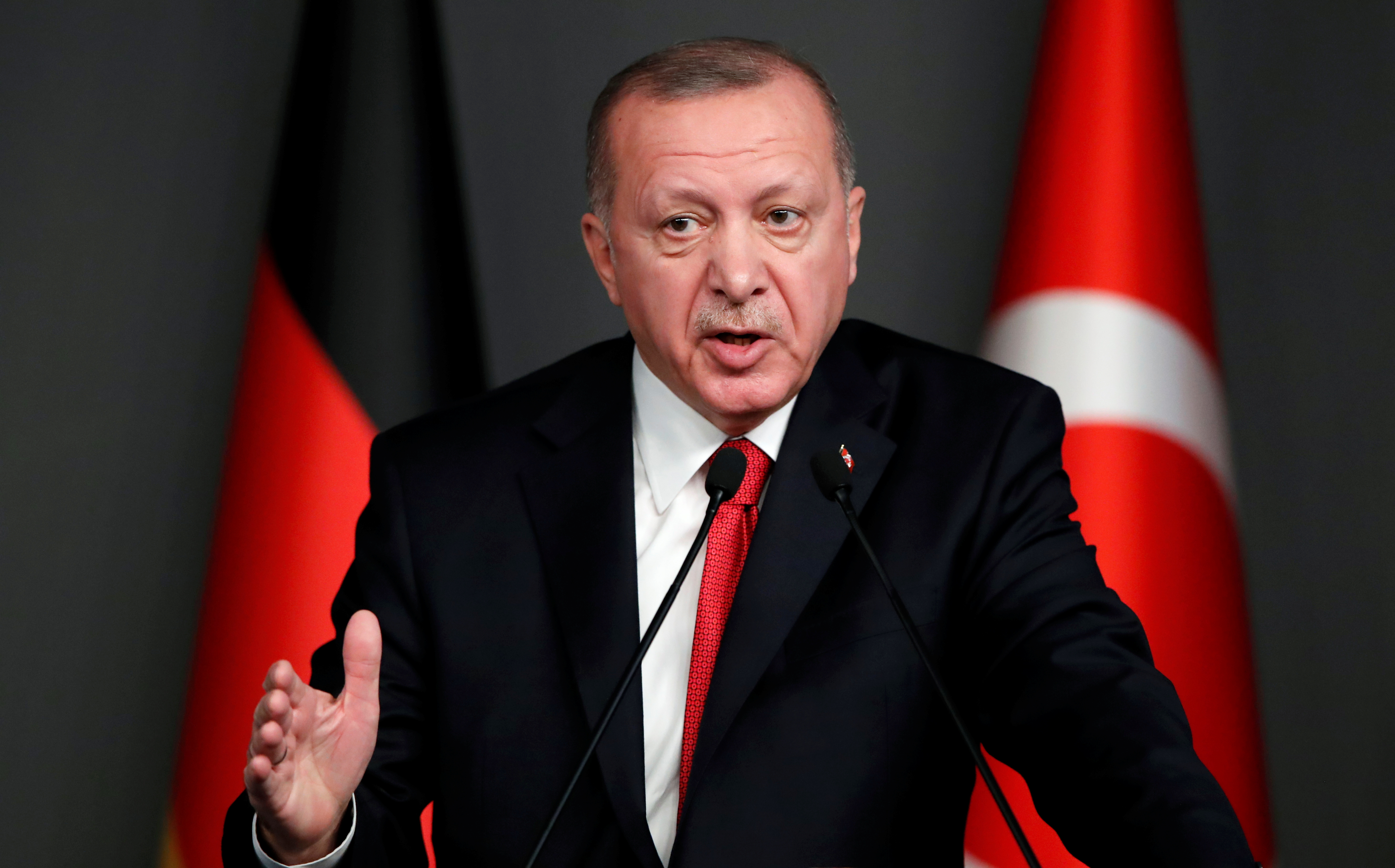
By Sonia Elks
LONDON (Thomson Reuters Foundation) – From handwashing stations to digital advice hubs, initiatives are underway to protect the world’s most vulnerable people from the global coronavirus epidemic.
While richer nations rush to bolster their health systems to cope, poorer nations with fewer resources are likely to struggle and suffer worse impacts, said humanitarian organisations, with refugee camps and war zones facing some of the worst risks.
“Refugees, families displaced from their homes, and those living in crisis will be hit the hardest by this outbreak,” David Miliband, president of the International Rescue Committee (IRC), a charity working in more than 40 countries.
“As the world struggles to deal with the fallout of COVID-19 across its richest nations, the needs of the most vulnerable must not be neglected or forgotten,” he said in a statement.
COVID-19, the respiratory disease caused by the new coronavirus, emerged in China late last year and has infected more than 200,000 people and killed 9,000, according to a global tally kept by Johns Hopkins University.
Aid groups have warned of potentially devastating effects if the virus takes hold in refugee camps which often house huge numbers of people in cramped temporary shelters, or in countries in conflict like Yemen where health systems have collapsed.
URGENT ACTION
A range of projects are being launched to provide lifesaving facilities and information, as lockdowns and border closures pinch key supply chains and create new barriers to reaching those at risk.
A multi-million dollar fund has been set up to help the World Health Organization respond to coronavirus, with priority given to more vulnerable countries with weaker health systems.
With hygiene seen as a key first line of defence, health authorities and aid groups such as Oxfam are delivering extra soap, handwashing stations and other sanitation facilities to high-risk areas including refugee camps.
In Bangladesh, which recorded its first coronavirus death on Wednesday, women volunteers are educating people living in the world’s largest refugee camp about hygiene. There have been no cases in the camp so far.
Aid groups are also turning to digital channels to share key health messages and support in global coronavirus hotspots.
And after lockdowns disrupted in-person support groups in China, the charity World Vision turned to social platforms including Weibo and WhatsApp to stay in touch with families with child-friendly health messages and advice.
“We need to be thinking creatively and using these low-cost digital messages,” Erica Van Deren, senior program manager at World Vision, told the Thomson Reuters Foundation.
“As people are doing social distancing and staying at home, as governments are putting restrictions up around gathering, people are turning to social media and to their phones for information.”
Social enterprises and community groups have also helped to tackle shortages, from supplying face masks and soap to picking up shopping for elderly neighbours self-isolating at home.
As coronavirus hits economies, the poorest are likely to feel the longer-lasting effects, said Juliet Parker, director of operations at Action Against Hunger UK.
“Aside from the immediate impact on health facilities, which could be overwhelming, there is the longer-term impact this could have on poverty levels,” she said, citing the possible impact on Africa, the world’s poorest continent.
“It’s too early to say what the scale of this might be, but it is conceivable that the humanitarian needs in some countries could increase if the price or demand for African exports is affected.”
(Reporting by Sonia Elks @soniaelks; Editing by Katy Migiro. Please credit the Thomson Reuters Foundation, the charitable arm of Thomson Reuters, that covers the lives of people around the world who struggle to live freely or fairly. Visit http://news.trust.org)












